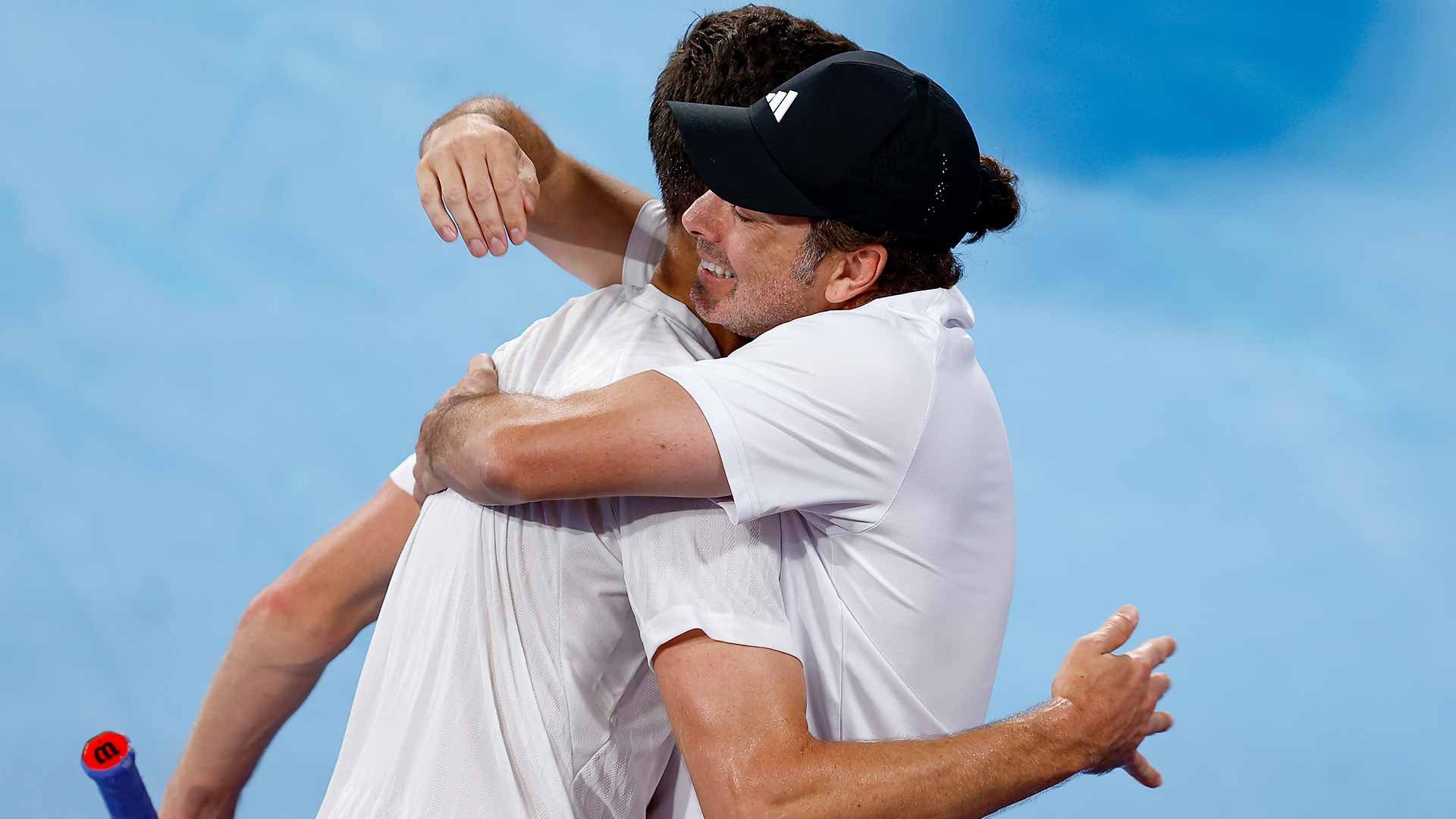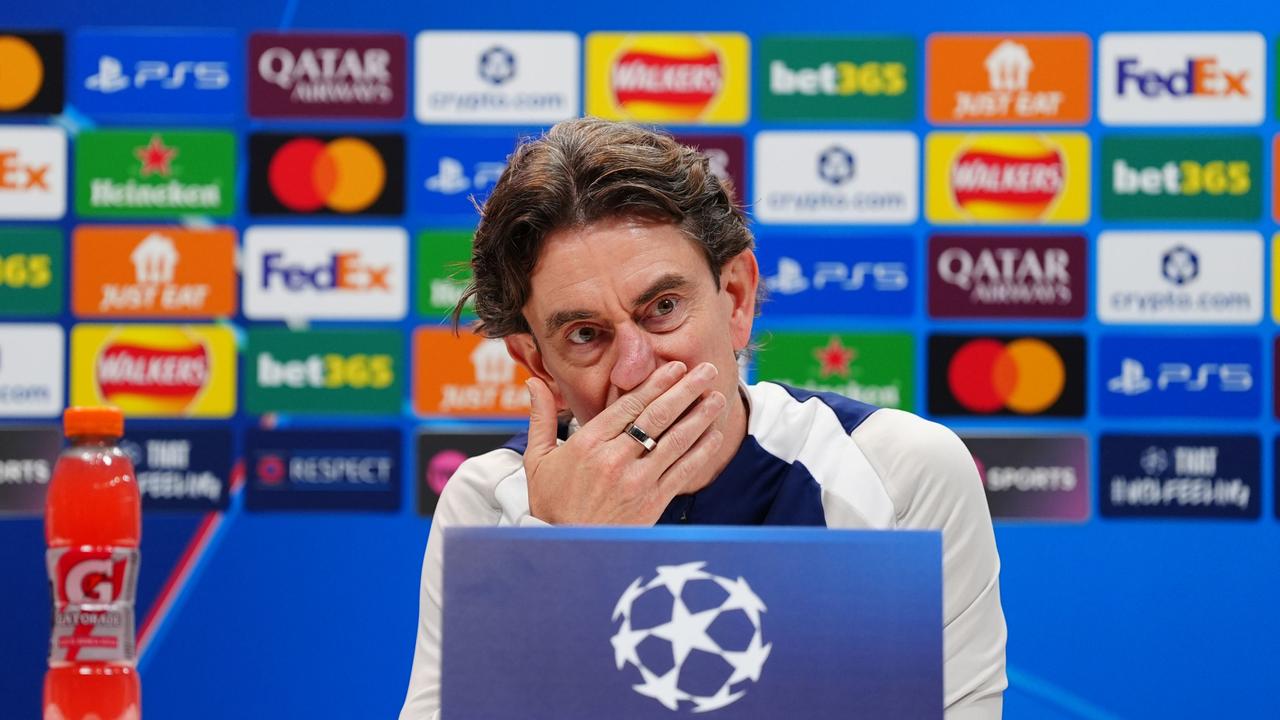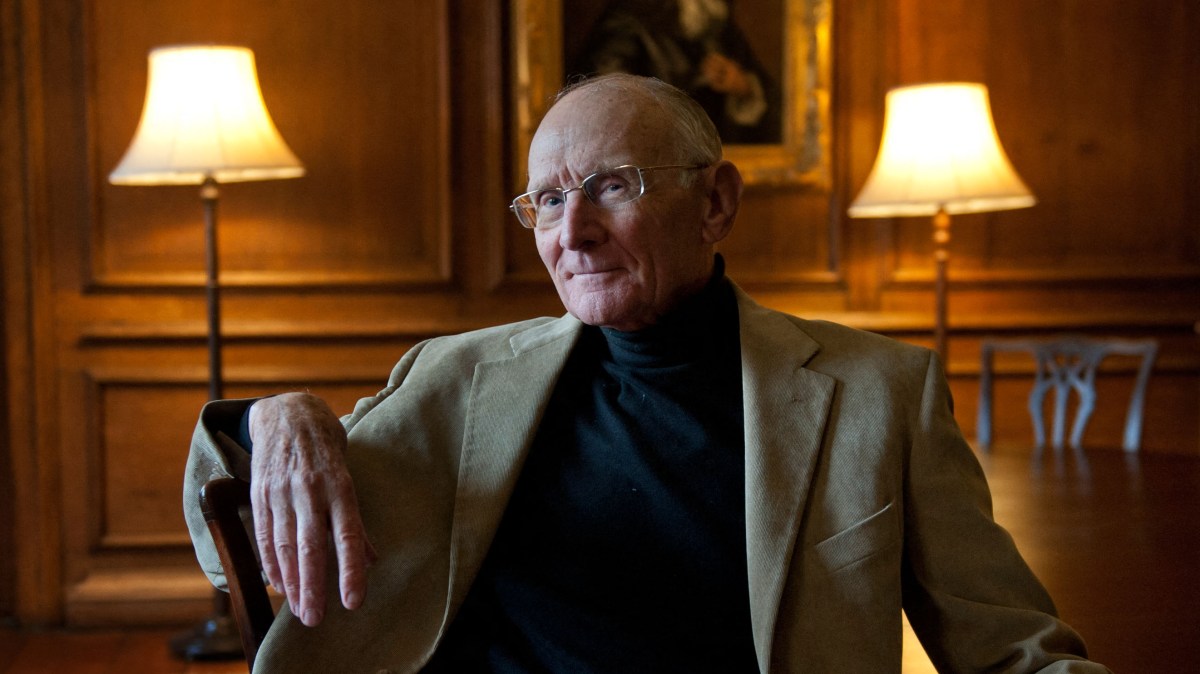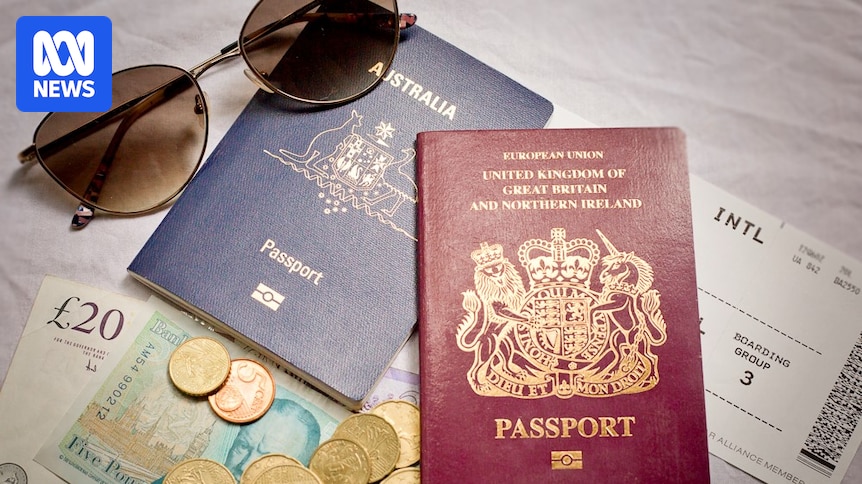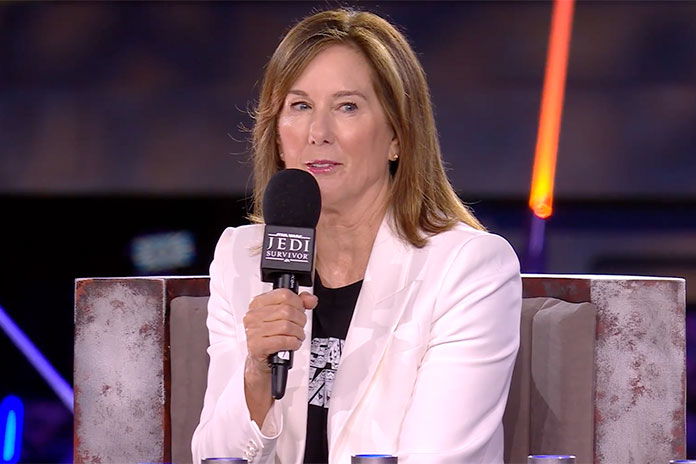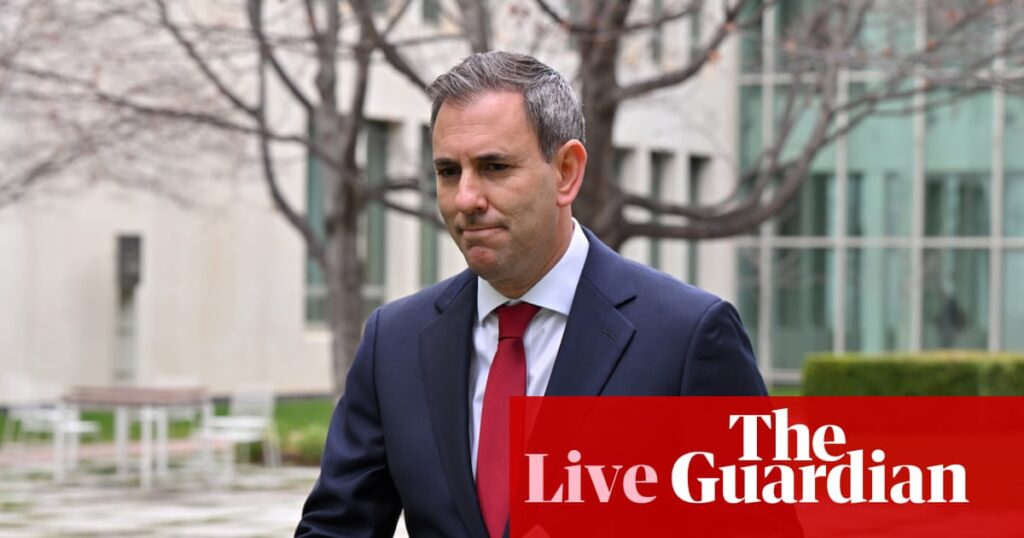
In a heated session of the Australian Parliament, the opposition and government clashed over issues ranging from domestic inflation to international relations, particularly concerning the Middle East. Shadow Energy Minister Dan Tehan questioned the government’s commitment to its 2022 election promise of reducing energy bills by $275, highlighting that some households have experienced price increases exceeding $1,300 over the past three years.
Energy Minister Chris Bowen responded by pointing to the latest Consumer Price Index (CPI) figures, which he claimed Tehan had conveniently ignored. Bowen stated that energy prices have decreased by 6.2% in the year to June, attributing this reduction to the government’s energy bill relief initiatives. He also noted that households could potentially save up to $1,300 by installing a home battery under current government policies.
Inflation and Cost of Living Concerns
The inflation debate intensified as Deputy Leader of the Opposition, Sussan Ley, criticized Treasurer Jim Chalmers for describing the latest inflation data as “outstanding,” despite significant price increases in essential goods such as eggs and bread. Ley accused Chalmers of being “out of touch,” a comment that was swiftly rebuked by Speaker Milton Dick.
Chalmers defended his stance, highlighting that food inflation had decreased from 5.9% when the government took office to approximately 3.0%. He expressed hope that the opposition would continue to raise questions about inflation, as he found the data encouraging, albeit acknowledging that more work was needed to address the cost of living.
Middle East Policy: A Divisive Issue
Foreign Affairs Minister Penny Wong accused the Coalition of being “divorced from reality” regarding the situation in Gaza. This followed Senator Michaelia Cash’s demand for the government to rule out recognizing Palestinian statehood while Hamas remains in control of Gaza. Wong reiterated the government’s condemnation of Hamas and emphasized the need for reform within the Palestinian Authority and the demilitarization of Hamas to achieve long-term peace in the Middle East.
“This is where the international community is at … This is where the discussion is, senator, and this is where the government is engaging,” Wong stated, urging the opposition to align with global perspectives on the issue.
Wong’s remarks underscore the Albanese government’s focus on engaging with Middle Eastern nations to ensure the security of Israel and address the broader geopolitical dynamics at play.
Domestic Policy Debates
Meanwhile, Prime Minister Anthony Albanese faced questions from crossbench MP Dai Le regarding the controversial Job Ready Graduates scheme. Le argued that the scheme, introduced under the Morrison government, has unfairly disadvantaged arts students in her Western Sydney electorate. Albanese highlighted the government’s efforts to reduce university and TAFE debts, though he did not commit to reforming the scheme.
In another exchange, Albanese defended the government’s efforts to strengthen Medicare, responding to Ley’s criticism of bulk-billing rates. He took the opportunity to highlight Labor’s historical role in creating and supporting Medicare, a move that sparked further debate with the opposition.
Honoring the Past: 1980 Moscow Olympians
On a different note, the session began with Prime Minister Albanese acknowledging the presence of 1980 Moscow Olympians in the public gallery. These athletes had defied the Australian government’s boycott of the Moscow Olympics, competing under a neutral flag. Albanese praised their contributions and recognized the personal sacrifices they made during a politically tumultuous time.
“Today in our parliament we honour your contribution to our nation. We recognise your participation but importantly as well we recognise your pain,” Albanese stated, drawing attention to the broader historical context of their achievements.
The acknowledgment served as a poignant reminder of the intersection between sports and politics, highlighting the enduring impact of past decisions on current national narratives.
As the parliamentary session continued, it became evident that both domestic and international issues remain at the forefront of Australian political discourse, with debates reflecting broader global challenges and historical legacies.
